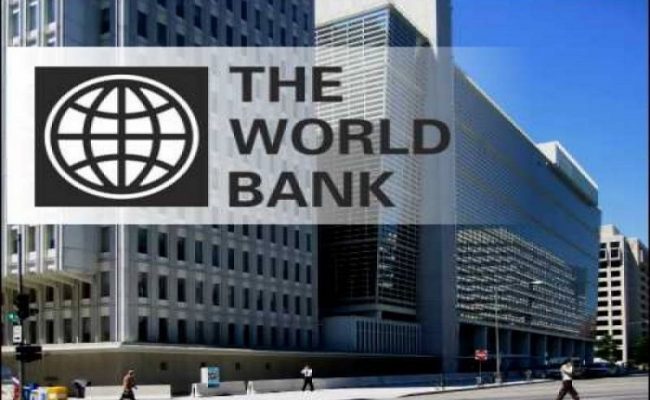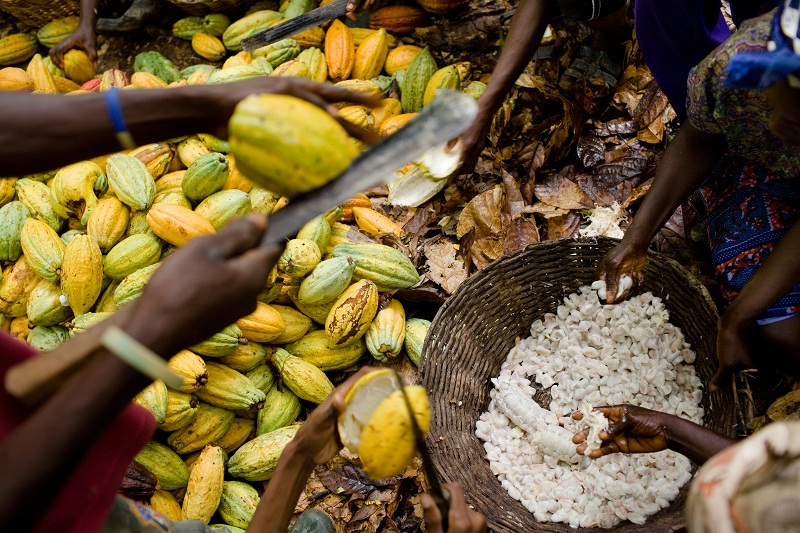Global wealth growing but future prosperity is shaky – World Bank report
- Posted on
- Comment

The World Bank has said global wealth has grown overall from 1995 to 2018, but that at the expense of future prosperity and by increasing inequalities.
This is captured in a World Bank’s new Changing Wealth of Nations report released on October 27, 2021.
Unsustainable economies in the making
The report noted that countries that are depleting their resources in favour of short-term gains are putting their economies on an unsustainable development path.
While indicators such as gross domestic product (GDP) are traditionally used to measure economic growth, the report argues for the importance of considering natural, human and produced capital to understand whether growth is sustainable.
The Changing Wealth of Nations 2021 tracks the wealth of 146 countries between 1995 and 2018 by measuring the economic value of renewable natural capital (such as forests, cropland and ocean resources), non-renewable natural capital (such as minerals and fossil fuels), human capital (earnings over a person’s lifetime), produced capital (such as buildings and infrastructure), and net foreign assets.
The report accounts for blue natural capital – in the form of mangroves and ocean fisheries – for the first time.
“A deeper and more nuanced understanding of the sustainability of wealth is crucial to a green, resilient, and inclusive future,” World Bank Managing Director for Development Policy and Partnerships, Mari Pangestu, said.
“It is essential that renewable natural capital and human capital are given the same importance as more traditional sources of economic growth, so that policymakers take steps to enable long-term prosperity.”
Ghana’s human capital now 55%
The report identified that Ghana’s share of human capital in total wealth was about 38 per cent in 1995 and 55 per cent in 2018.
It indicated that global wealth grew significantly between 1995 and 2018, and middle-income countries are catching up to high-income countries.
Decline in natural assets
It, however, said growing prosperity has been accompanied by unsustainable management of some natural assets.
8% decline in forests
Low and middle-income countries saw their forest wealth per capita decline 8% from 1995 to 2018, reflecting significant deforestation.
83% reduction in marine fish sticks
Meanwhile, the value of global marine fish stocks collapsed by 83% due to poor management and overfishing over the same period. The projected impacts of climate change may exacerbate these trends.
Mispricing of assets
In addition, mispricing of assets like carbon-emitting fossil fuels can lead to overvaluation and over-consumption.
The report noted that development could be put on a more sustainable path by taking a comprehensive view of wealth and putting in place policy measures, including carbon pricing, to better value and nurture assets such as forests, mangroves and human capital.
Global wealth inequality is growing, the report indicates. Low-income countries’ share of global wealth has changed little from 1995 to 2018, remaining below one per cent of the world’s wealth, despite having around eight per cent of the world’s population.
Over one-third of low-income countries saw declining wealth per capita. Countries with declining wealth tend also to be degrading their base of renewable natural assets.
Low-income countries must properly manage renewable natural capital
The report said for low-income countries, appropriately managing renewable natural capital, which accounts for 23 per cent of their wealth, remains crucial.
Globally, the share of total wealth in renewable natural capital (forests, cropland, and ocean resources) is decreasing and being further threatened by climate change.
At the same time, renewable natural capital is becoming more valuable as it provides crucial ecosystem services.
For example, the value of mangroves for coastal flood protection has grown more than 2.5 times since 1995 to over $547 billion in 2018. The report identified that the value of protected areas per square kilometre has also rapidly increased.
Governments must take advantage of the report to drive policies
The World Bank Global Director for Environment, Natural Resources and Blue Economy, Karin Kemper, said, “The Changing Wealth of Nations provides the data and analysis to help governments get prices and policies right for sustainable development.”
“By ignoring polluting and climate warming impacts, fossil fuel assets have historically been overvalued, while assets that contribute to climate mitigation, like forests, are undervalued.”
The report identified that human capital, measured as the population’s expected lifetime earnings, is the largest source of worldwide wealth, comprising 64 per cent of total global wealth in 2018.
Invest, drive policy and pricing measures
It recommends actively investing in public goods like education, health and nature to prevent unsustainable depletion and manage future risks.
Recommendations also include policy and pricing measures that help reflect the social value of assets and to steer private investment toward better outcomes for all. This, the report said, may include actions like repurposing fisheries subsidies and taking action to price carbon and promote renewable energy assets.
By Julius K. Satsi, Accra








 (Selorm) |
(Selorm) |  (Nana Kwesi)
(Nana Kwesi)